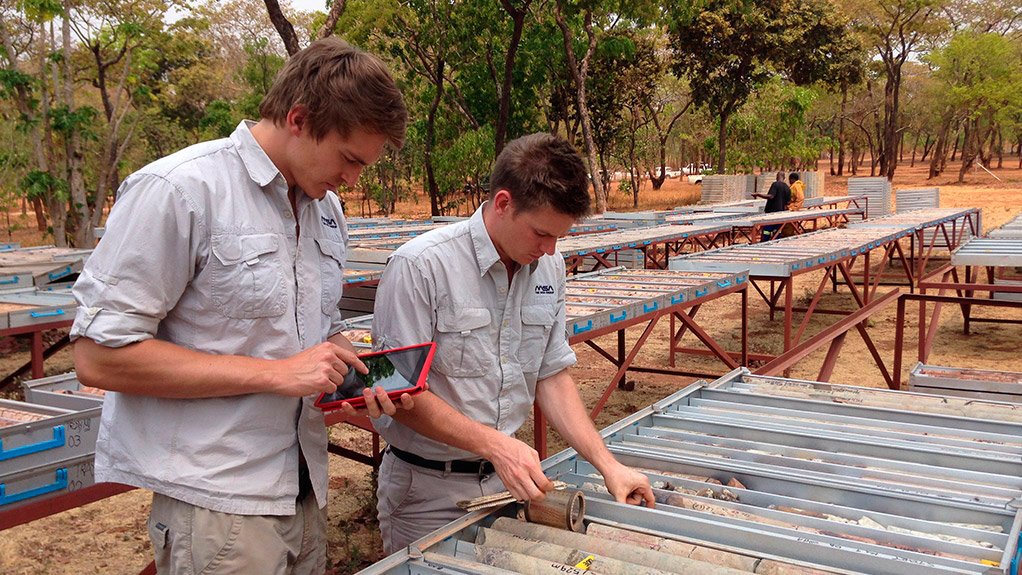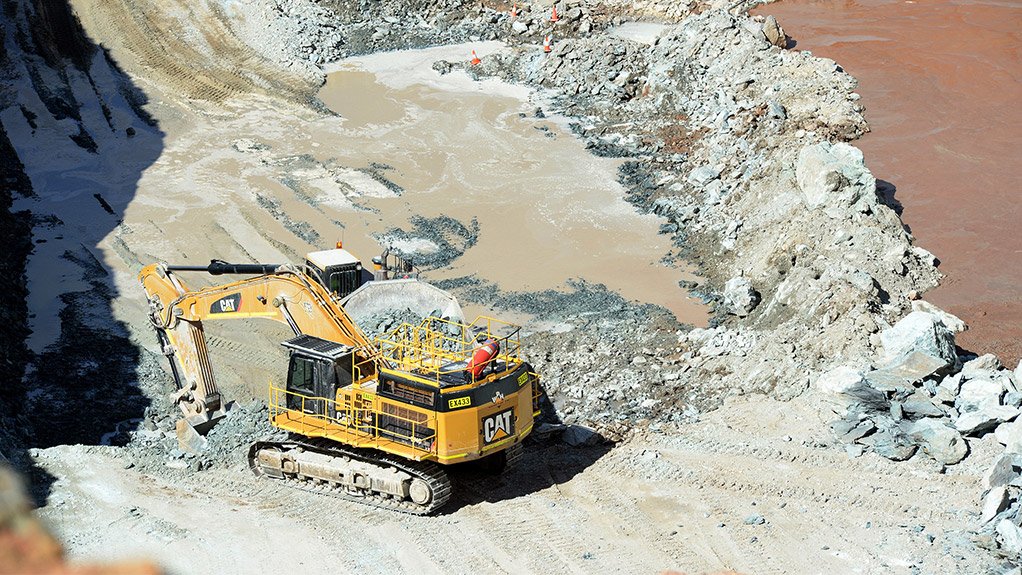By identifying and concentrating on high-value projects as a positive project management practice, mining companies and project managers can help ensure the success of projects amid the current slump in the mining industry, local mining and exploration consultancy The MSA Group notes.
MSA Group head of mining studies Andre van der Merwe says all costs associated with new projects and existing mining operations need to be examined with a fine-tooth comb as low commodity prices persist.
He tells Mining Weekly that the global market is, generally, oversupplied in terms of commodities and will take at least the next 24 months to exhaust this supply. As such, projects need to be intensely scrutinised to ensure they remain operational for such a period at the current commodity prices to avoid closure.
Van der Merwe adds that, when assessing new projects, the focus has shifted from net present value to internal rate of return, owing to the mining climate being financially stressed.
“I noticed at the 2015 Mines and Money Conference panel discussions in November last year that companies are now only focusing on the profit a project stands to make irrespective of its size.”
The biggest operational challenge facing South African mines is low productivity in relation to the cost of labour, with the relationship between labour and capital mining companies in the country’s mining industry having become dysfunctional, he highlights.
“The ideal condition is for both labour and mine operators to extract maximum mutual benefits from the country’s mineral endowment. However, the reality is that there is an adversarial relationship, where each party is trying to take as much as possible from an ever-shrinking pie.”
Van der Merwe believes that projecting the current trends of labour costs for each mining unit indicates that South Africa’s mining industry is heading for an unworkable situation.
He stresses that, in an industry of long-term low commodity prices, cooperation is required for survival. Thus, high-quality project management and implementation of mining and processing solutions become more important.
Project Management No-Nos
Meanwhile, MSA Group principal coal consultant Philip Mostert outlines some of the detrimental project management practices that eventually lead to the failure of a project.
He explains that there is a tendency within project management to overengineer and overdesign, resulting in significantly overdetailed outputs with regard to a specific phase of a project. This inevitably leads to projects exceeding their alloted time to completion, resulting in negative cost implications.
He also tells Mining Weekly that project managers tend to skip stages within a project’s plan in an effort to take shortcuts.
“Companies will go directly from a concept stage to a feasibility study without identifying if the project can realistically be completed, which has detrimental impacts on the rest of its design,” states Mostert.
Another phase of note is environmental compliance, states MSA principal consultant for mine optimisation and planning Richard Gawthorpe. He cites the importance of project management and its role in ensuring that companies fulfil their environmental obligations when starting new developments.
“In essence, an environmental licence has as much weight and significance as a resource or property licence, and forms part of a company’s authorisation to begin a new project,” he tells Mining Weekly, adding that, if operators do not focus on their environmental impact, they simply cannot operate.
Van der Merwe determines that the foundation of a successfully managed project is laid long before it gets under way. Therefore, the preproject period is the most crucial stage, where planning and buy-in from all relevant stakeholders are established and solidified to prevent a project from being delayed or derailed.
Project management companies need to be objective to make insightful decisions on whether a project is still viable when reaching significant milestones, says Mostert.
“It is in the best interest of a project manager to continue with a project because it represents income. However, project houses should be honest with their clients if a project is no longer in their best interests,” he stresses.
Edited by: Tracy Hancock
Creamer Media Contributing Editor
EMAIL THIS ARTICLE SAVE THIS ARTICLE
To subscribe email subscriptions@creamermedia.co.za or click here
To advertise email advertising@creamermedia.co.za or click here















